detail profile edgar p c3 aara
Peran Yang Di Mainkan Edgar Pêra
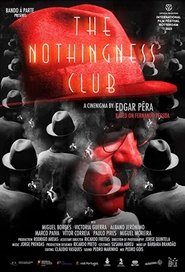 Pessoa famously published under many heteronyms...
Pessoa famously published under many heteronyms...The Nothingness Club 2023
Pessoa famously published under many heteronyms: around 75 different names, each with fully fleshed-out backgrounds, styles, appearances and philosophies. Taking this a step further, Não Sou Nada gives flesh to these characters, all working together under Pessoa, enacted by Miguel Borges, at the publishing house The Nothingness Club.
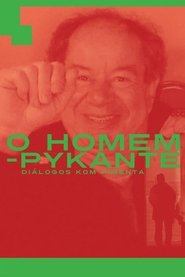 A poetic film that celebrates the...
A poetic film that celebrates the...O Homem Pykante - Diálogos com Pimenta 2018
A poetic film that celebrates the work of Alberto Pimenta, fruit of a friendship and complicity maintained during the last 24 years.
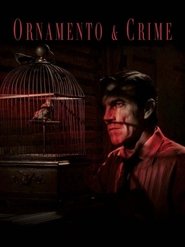 I am the double of the...
I am the double of the...Ornament and Crime 2015
I am the double of the shadow of my own image. An allegory that occupies my place. This is my act of contrition. Beyond good and evil, I stand as an equation: Its result cannot be manipulated By morals or ethics. In mathematics there is no place for beliefs Just as life and death Are a certain fate.
 Joo is a writer who one...
Joo is a writer who one...Inside Out 2014
João is a writer who one day wakes up suffering from a bout of selective amnesia: he can't remember that he's gay. So he decides to reject his partner of five years and he plunges into a new, unexpectedly hetero life. But, as the saying goes, it never rains but it pours: João also has a creative block, and is incapable of finishing his latest novel. Isabel, his rival in the literary world, is suffering from a similar case of writer's block. After a night spent together, Isabel steals João's novel and tries to publish it as her own.
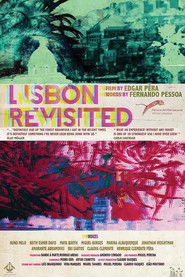 A dreamlike journey seen through the...
A dreamlike journey seen through the...Lisbon Revisited 2014
A dreamlike journey seen through the eyes of a trans-human as well as a kino-symphony of voices from the multiple personas of Fernando Pessoa, Lisbon Revisited shows alternative ways of looking at and hearing the city. Celebrating its greatest phantom and confronting his ambiguous and pervasive sexuality, the film is spoken in the three languages in which Pessoa wrote, Portuguese, English and French.
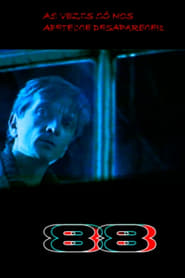 A 14yearold kid addicted to videogames...
A 14yearold kid addicted to videogames...88 2002
A 14-year-old kid, addicted to videogames, goes with his parents to a shopping mall and separates from them to go to a game store called UTOPYA. He doesn't come back. His parents get in despair, and his father tries everything he can to bring him back.
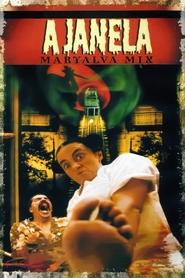 An experimental and surreal film a...
An experimental and surreal film a...A Janela (Maryalva Mix) 2001
An experimental and surreal film, a mix of weird and unusual "avant-gard" cinematography with some traditional icons of the Portuguese culture, like Fado or the typical neighbourhoods of Lisbon, in this case the "Bica" is a typical neighbourhood which is used as setting to the plot.
 On All Saints Day 1755 around 0940 hours...
On All Saints Day 1755 around 0940 hours...Lisboa-Boa 345 A.E. 2000
On All Saint’s Day 1755, around 09:40 hours, Lisbon was hit by an earthquake which eradicated almost the entire city. 345 years later (D.T. = depois de terramoto) means 2100 AD. Will Portugal’s capital be a Garden of Earthly Delights when we reach the year 2100? Pêra’s animation classic provides unexpected (in)sights about it.
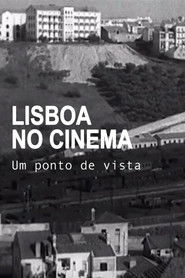 The city during the beginning of...
The city during the beginning of...Lisboa no Cinema, Um Ponto de Vista 1994
The city during the beginning of cinema. The typical city at the time of the dictatorship. The New Lisbon of the New Cinema. Lisbon after the Revolution. The white city of foreigners. A geographical and moviegoer screenplay of Lisbon through the images of films and testimonies of several filmmakers who filmed in Lisbon.
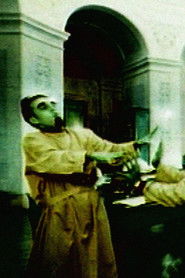 Manual of Evasion LX94 is a...
Manual of Evasion LX94 is a...Manual of Evasion LX94 1994
“Manual of Evasion LX94” is a thought-provoking Dadaist film about time by the Portuguese director Edgar Pêra. It was shot in Lisbon in 1994 and stars Terence McKenna, Robert Anton Wilson and Rudy Rucker. Time is explored from many unusual angles, while Pêra fills the screen with a wide variety of bizarre and mind-warping imagery.
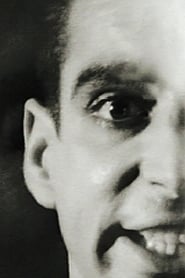 A portrayal of Futurist artist Jos...
A portrayal of Futurist artist Jos...SWK4 1993
A portrayal of Futurist artist José de Almada Negreiros, who said: "I wanted others to say of me: 'Look, a man!' The same way they say: 'Look, a dog!' when a dog passes by; or how you say: 'Look, a tree!', when there is a tree. Which means as an entity, without the use of adjectives, only as one whole: A man!"
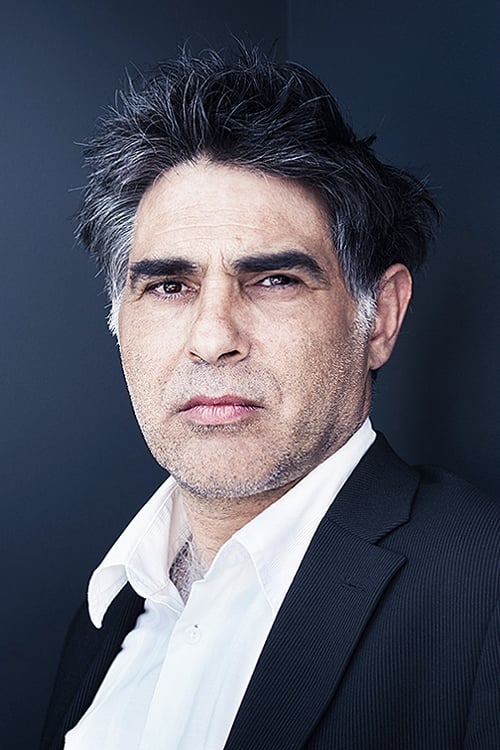
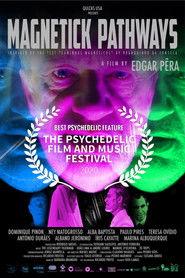 During a night of humiliation Raymond...
During a night of humiliation Raymond...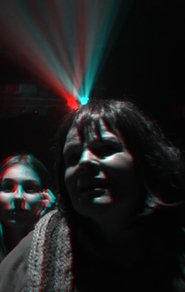 A bunch of spectators trapped in...
A bunch of spectators trapped in...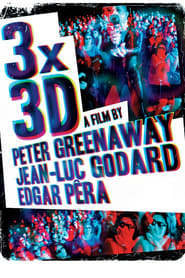 A triptych of short stereoscopic films...
A triptych of short stereoscopic films...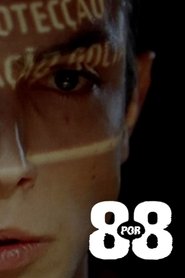
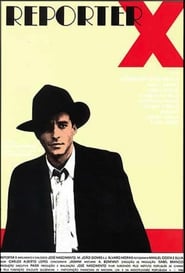 A story about character created by...
A story about character created by...